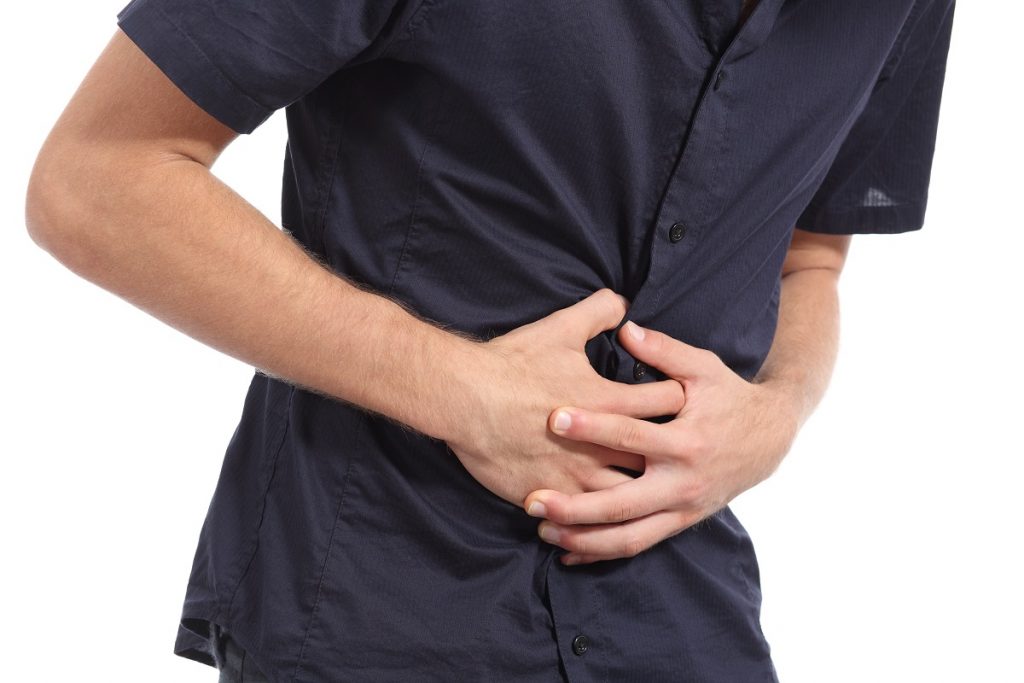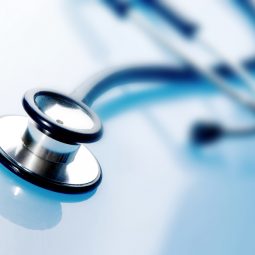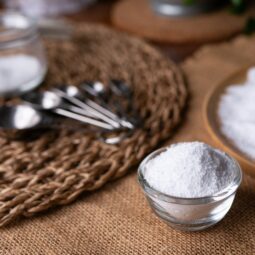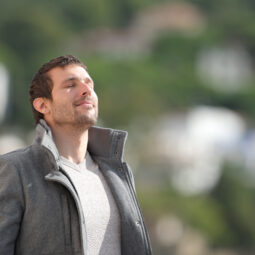
Q: I’ve been diagnosed with diverticulosis. What does that mean?
It means that you have diverticula in your colon. Diverticula are little pockets that bulge out from a small part of the colon wall. They can start like little dimples and stretch into sacs. Many people have diverticula. By age 60, anywhere from 33 to 66 percent of us have them, and by 80, up to 80 percent do.
Q: Is it dangerous?
Not usually. Only about one in 20 people with diverticula develop problems. However, some do develop complications that can become life threatening, such as bleeding and diverticulitis, so it’s important to pay attention to your symptoms. Other problems, though rare, may include chronic colon inflammation and chronic pain.
Q: When does diverticulosis become diverticulitis?
Diverticulitis occurs when one of the pockets becomes inflamed or infected, usually due to a breakdown in the colon wall.
Q: When should I see a doctor?
See a doctor if you have any of these common diverticulitis symptoms:
- Fever
- Abdominal pain
- Loss of appetite
- Change in bowel habits
A CT scan is often ordered to help diagnose diverticulitis. After you recover from a bout of diverticulitis, you also should see a gastroenterologist for a colonoscopy (unless you’ve had one in the last year). Colon cancer can mimic diverticulitis symptoms and even CT results.
Q: What is the treatment?
If your symptoms are mild, your primary care doctor may be able to treat you with antibiotics. If they are more serious, you may need to be treated in a hospital. In severe cases, diverticulitis can lead to stricture (narrowing of the colon) or fistula (an abnormal connection of the bowel to skin or other organs) and may require surgery to remove part of the colon.
Q: What can I do to prevent future problems?
Obesity, inactivity and a low-fiber diet predispose some people to having more diverticula or more problems with diverticulitis. Getting regular exercise, staying at a healthy weight, and eating a high-fiber diet or taking fiber supplements may reduce your risk of problems.
Q: Nuts and seeds – good or bad?
Myth had it that nuts, seeds and popcorn were bad and should be avoided. This has never been shown to be true — in fact, those foods are good sources of fiber.
Gastroenterologist Albert Khine, MD, has been named a Top Doctor by Portland Monthly magazine multiple times.


